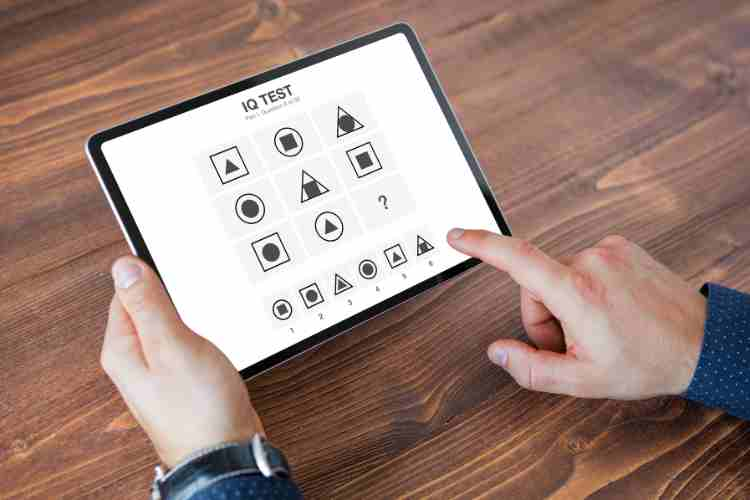Number puzzles are considered logic games due to several key characteristics and elements that are inherent to their nature. Here are the reasons why number puzzles are categorized as logic games:
1. Logical Reasoning
Number puzzles require logical reasoning skills to deduce and solve the given puzzle. Players must analyze the available information, make connections, and apply logical rules to find the correct solution. Logical reasoning involves evaluating possibilities, eliminating incorrect options, and drawing conclusions based on clues or constraints.
2. Problem-solving
Numbers puzzles present a problem or challenge that needs to be solved. Players must employ problem-solving techniques to find the solution. This involves breaking down the puzzle into smaller components, identifying patterns or rules, and devising a strategy or plan to reach the desired outcome. Problem-solving skills are essential to tackling the complexities of number puzzles.
3. Patterns and relationships
Number puzzles often involve recognizing and understanding patterns and relationships between numbers or elements. Players must observe the given information, identify recurring patterns, and use this knowledge to make logical deductions. Recognizing patterns and relationships is fundamental to logical thinking and central to solving number puzzles.
4. Deductive reasoning
Deductive reasoning is a core element of logic games, including number puzzles. It involves using general principles, rules, or clues to reach specific conclusions. In number puzzles, players use deductive reasoning to eliminate possibilities and narrow the options until they find the correct solution. Deductive reasoning requires logical thinking and the ability to draw logical inferences based on given information.
5. Logical constraints
Number puzzles often have specific constraints or rules that must be followed. These constraints provide a framework for solving the puzzle and help guide the logical thinking process. Players must understand and adhere to these constraints while searching for a solution. The logical constraints in number puzzles set boundaries and provide logical consistency, making them challenging and engaging logic games.
6. Sequential thinking
Many number puzzles involve a sequence or progression of numbers or elements. Players must think sequentially and consider the order or arrangement of the numbers to solve the puzzle. Sequential thinking involves understanding the relationships between consecutive elements, identifying missing elements, and predicting the next steps or outcomes. This sequential thought process is a key component of logical thinking in number puzzles.
7. Critical Thinking
Number puzzles require players to engage in critical thinking, which involves analyzing information, evaluating possibilities, and making informed judgments. Critical thinking helps players assess the viability of different approaches, detect errors or inconsistencies, and refine their strategies. Critical thinking skills are vital for solving number puzzles using logical and rational thought processes.
Final thoughts
Number puzzles qualify as logic games because they rely on logical reasoning, problem-solving techniques, pattern recognition, deductive reasoning, logical constraints, and sequential and critical thinking. These fundamental elements distinguish number puzzles from other games and activities, making them engaging exercises that promote logical and analytical skills. Playing number puzzles provides entertainment and enhances intellectual abilities such as logical thinking, reasoning, and problem-solving proficiency.
